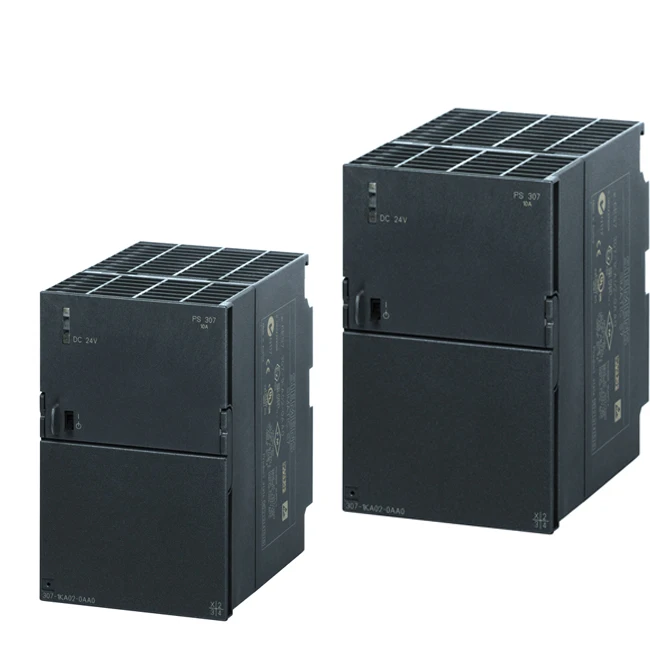Scalable Industrial PLC Systems with Redundant Processors
In factories, you need things to work all the time. One significant technology to assist towards this is called redundant processors in PLCs. This is a technology that ensures that everything goes smoothly and can be customizable.

Understanding Redundant Processors
The redundant processors are additional processors that function alongside each other in the PLC systems. When one processor fails, the other can take over without issue. This helps maintain the factory running and ensure production is not interrupted. In case one processor is failed, the plc and hmi can immediately switch to the backup processor. That way, the factory can continue without any interruptions. These backup processors help make the factory safer and more efficient.
Flexibility in Manufacturing
A major advantage of having backup processors is they let factories to be nimble. And with many processors working simultaneously, factories can quickly change what they are producing.
For one thing, should an entirely new production line need to be added, redundant processors can assist in making that change swiftly. That way the factory can continue to run smoothly and produce more products.
Maintaining the Operations of the Systems
Redundant processors in human machine interface in plc also enable factories to stay up and running, even if one processor fails. This is very significant because shutting down production can cost factories a lot of money.
Having backup processors standing by could help minimize the risk of issues in factories. This is enough to keep everything running and producing.
Constructing a Robust Automation architecture
Redundant processor technology is especially key to developing secure human machine interface plc for factories. By including these processors, factories can make their systems work a little better. The spare processors not only make the system more robust, but also allow factories to scale or change as needed. This is critical to remaining competetive and efficient.
Conclusion
All in all, superfluous CPU’s lends itself to more efficient, faster-running factories. With increased reliability, flexibility, and a smooth flow of operations, manufacturing would not be the same without these processors. With redundant PLC processors, factories can optimize their work, minimize downtimes, and increase productivity. Industries that want to survive and respond to the changing market’s demands need this technology.
Comments
Post a Comment